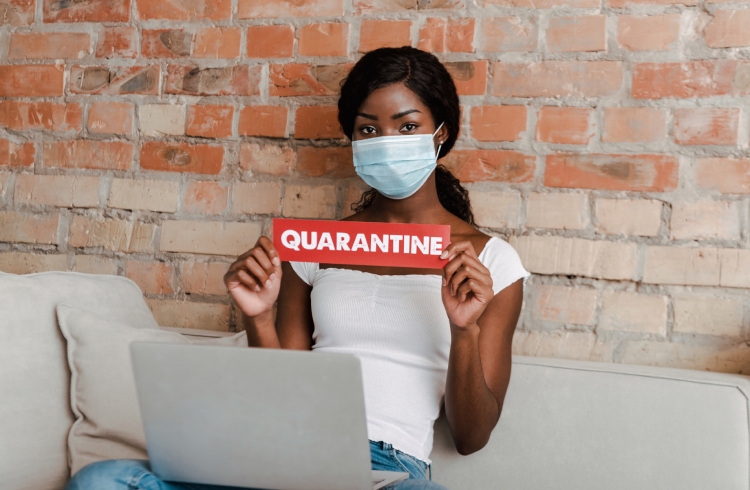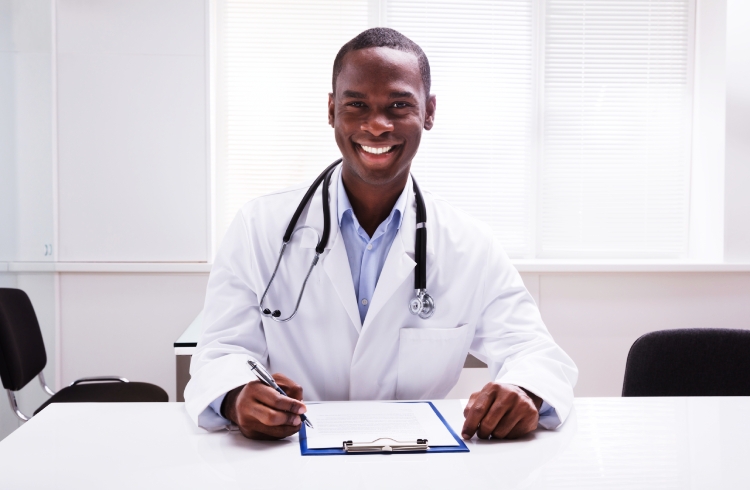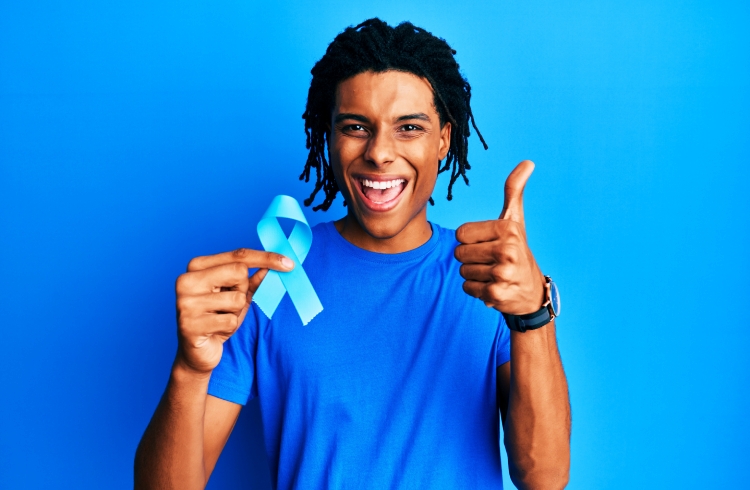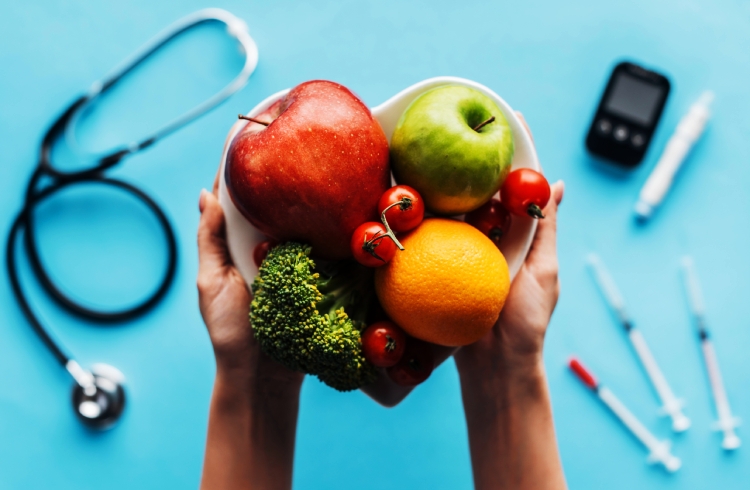Have you been diagnosed with COVID-19? Know what to do
06/08/2021
Have you been diagnosed with COVID-19 and are you being treated at home? The important thing is to stay calm and follow all medical advice.
The new coronavirus manifests itself through these symptoms: cough, fever, headache, sore throat, body pain and difficulty breathing. Therefore, if you have undergone medical tests that have confirmed the diagnosis of COVID-19, it is time to take care of yourself - but also to protect others, which means carefully following the medical indications and, at the same time, preventing the spread of other people. You should monitor signs and symptoms and maintain a healthy diet. Hospital or emergency care should be sought if symptoms worsen. Especially if the patient experiences shortness of breath or difficulty breathing. How to prevent contagion from other people?To fight the pandemic, it is essential to break the chains of contagion and the constant increase in the number of infected. In this sense, there are mandatory cares that all patients with COVID-19 who are being treated at home should keep in mind. Take note:
How can we alleviate the anxiety generated by social isolation?Be in solidarity with people who have been affected by the coronavirus, as no one is to blame for having the disease, and we should not refer to people as victims, sick or infected, but people with COVID-19. Avoid reading or viewing news that causes stress or anxiety, look for information to help protect or update from time to time. Chat with friends, by phone or apps. If you have the means, make daily video calls to friends, relatives and – if you have them – children and grandchildren to catch up. Or, establish a common prayer time. This can provide a sense of belonging and connection. Look for examples of people who have been cured of their illness, or people who have helped someone close to recover, and offer emotional support to those in need – Stay optimistic! How to deal with the stigma of infection?It is very important that everyone is well informed, particularly about how COVID-19 is transmitted, to avoid the stigma associated with this disease. Try to explain to people around you both the care you have and the care they should have. This is the key to overcoming the problem more quickly and without feelings of marginalization. |



